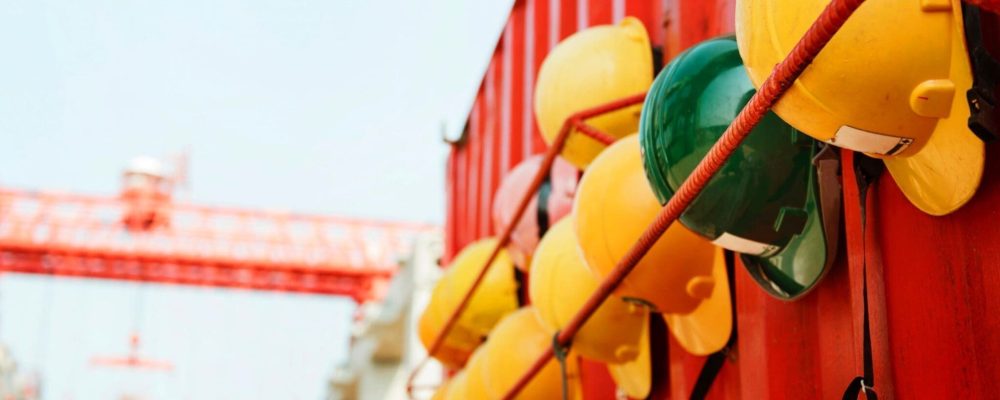Introduction
In high-risk industries—such as oil and gas, construction, mining, chemicals, and aviation—Quality, Health, Safety, and Environment (QHSE) are not optional checkboxes. They are strategic pillars that determine an organization’s operational integrity, employee wellbeing, environmental footprint, and long-term viability.
The QHSE Association believes that building a sustainable and proactive QHSE culture is essential not only to meet compliance requirements but also to drive excellence, innovation, and trust in these critical sectors.
The Cost of Complacency
History offers numerous tragic reminders of what happens when safety and quality are compromised:
Deepwater Horizon (2010): One of the most catastrophic oil rig explosions, caused by failed safety barriers and oversight.
Bhopal Gas Tragedy (1984): The world’s worst industrial disaster due to poor process safety and lack of emergency preparedness.
Grenfell Tower Fire (2017): Quality assurance failures in materials and fire safety regulations led to devastating consequences.
These events are not isolated incidents. They underscore the urgent need for strong QHSE frameworks and a safety-first culture.
What is QHSE Culture?
A QHSE culture refers to the shared values, beliefs, attitudes, and behaviors that shape how quality, safety, health, and environmental protection are perceived and acted upon in the workplace.
It goes beyond manuals and audits—it lives in every decision, every routine, and every conversation.
Key Elements of a Strong QHSE Culture
Leadership Commitment
Leaders must walk the talk. QHSE values should be embedded in strategic decisions, budgeting, and performance evaluations. When employees see management prioritize safety and quality, they follow suit.Employee Involvement
Empower the workforce through training, awareness, and participation in safety committees and audits. An engaged team reports near-misses, suggests improvements, and becomes an active part of the solution.Risk-Based Thinking
A proactive QHSE culture identifies potential hazards before they lead to incidents. Risk assessments, HAZOP studies, and predictive analytics should become standard tools in operations.Open Communication
Mistakes should be seen as learning opportunities, not reasons for punishment. A just culture encourages reporting of unsafe acts and near-misses without fear.Continuous Improvement
QHSE is not a one-time project—it’s a continuous journey. Regular audits, feedback loops, and KPIs help refine practices and policies over time.
Role of the QHSE Association
At the QHSE Association, we recognize that fostering such a culture requires guidance, collaboration, and access to tools and knowledge. We support professionals and organizations through:
Global certification programs (ISO 9001, ISO 45001, ISO 14001)
Professional development workshops and webinars
Technical guidelines, case studies, and toolkits
A global network of practitioners sharing insights and innovations
We also advocate for greater investment in safety leadership, environmental stewardship, and quality management in boardrooms and government bodies.
Challenges to QHSE Culture
Despite best intentions, many organizations face roadblocks:
Short-term commercial pressures
Workforce resistance to change
Insufficient training budgets
Lack of integration between departments (safety, operations, quality)
Our advice? Start small, build momentum, and demonstrate results. Even a minor shift in mindset can lead to major improvements in performance.
Success Story: Transforming Safety Culture in Oilfields
One of our member companies operating in the Middle East implemented a 3-year QHSE cultural transformation program involving:
Visible management commitment
Behavioral-based safety observations
Reward systems for safe behavior
Quarterly QHSE workshops and townhalls
The result? A 60% reduction in incidents, higher employee retention, and stronger client confidence.
Conclusion: Culture is the Key to Sustainable Success
You can have the best tools, the most advanced PPE, and the most detailed policies—but without the right culture, they won’t work. At the QHSE Association, we firmly believe that culture eats policy for breakfast.
Let’s build organizations where every person takes ownership of quality, safety, and sustainability.
Let’s lead by example, challenge complacency, and build a legacy we can be proud of.

